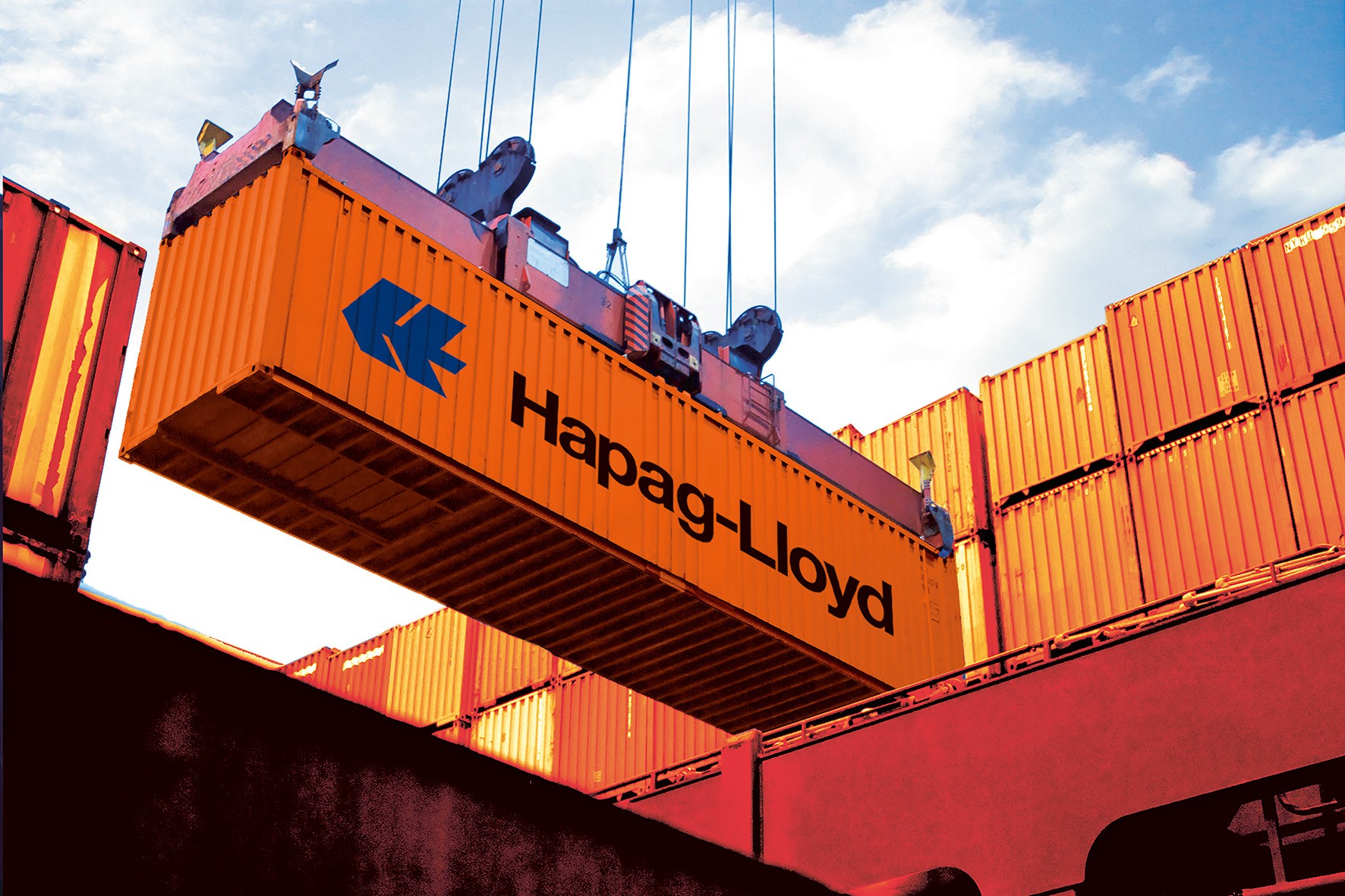Hapag Lloyd announces general rate increases from Mexico
The German carrier Hapag Lloyd will impose fresh General Rate Increases (GRI), which will start in the next month, for sailings from Mexico to several American ports.
In particular, Hapag Lloyd will apply a GRI of US$150 per 20' and US$300 per 40' standard and reefer container from Mexico East and West Coast to Latin America. This rate increase will be effective from 1 October.
On the same date, the Hamburg-based company will set a GRI of US$300 per 20' and US$500 per 40' dry and reefer cargo, transhipped from Mexico to the Caribbean and Central America, with the exception of Puerto Rico, where the rate increase will begin two weeks later, on 15 October.
The increases for Purto Rico will be US$300 per 20' dry and reefer unit, and US$500 per 40' dry, reefer and HC container from the East Coast of Mexico, while for shipments from the Mexico West Coast the GRI will be US$150 per 20' and US$300 per 40' and HC.
Source: Container News





